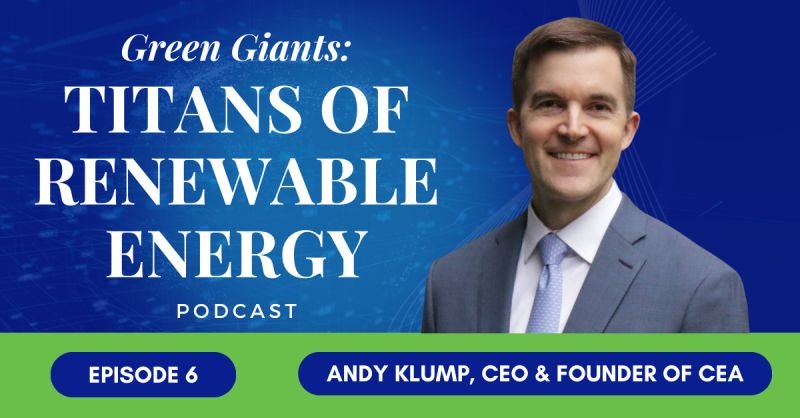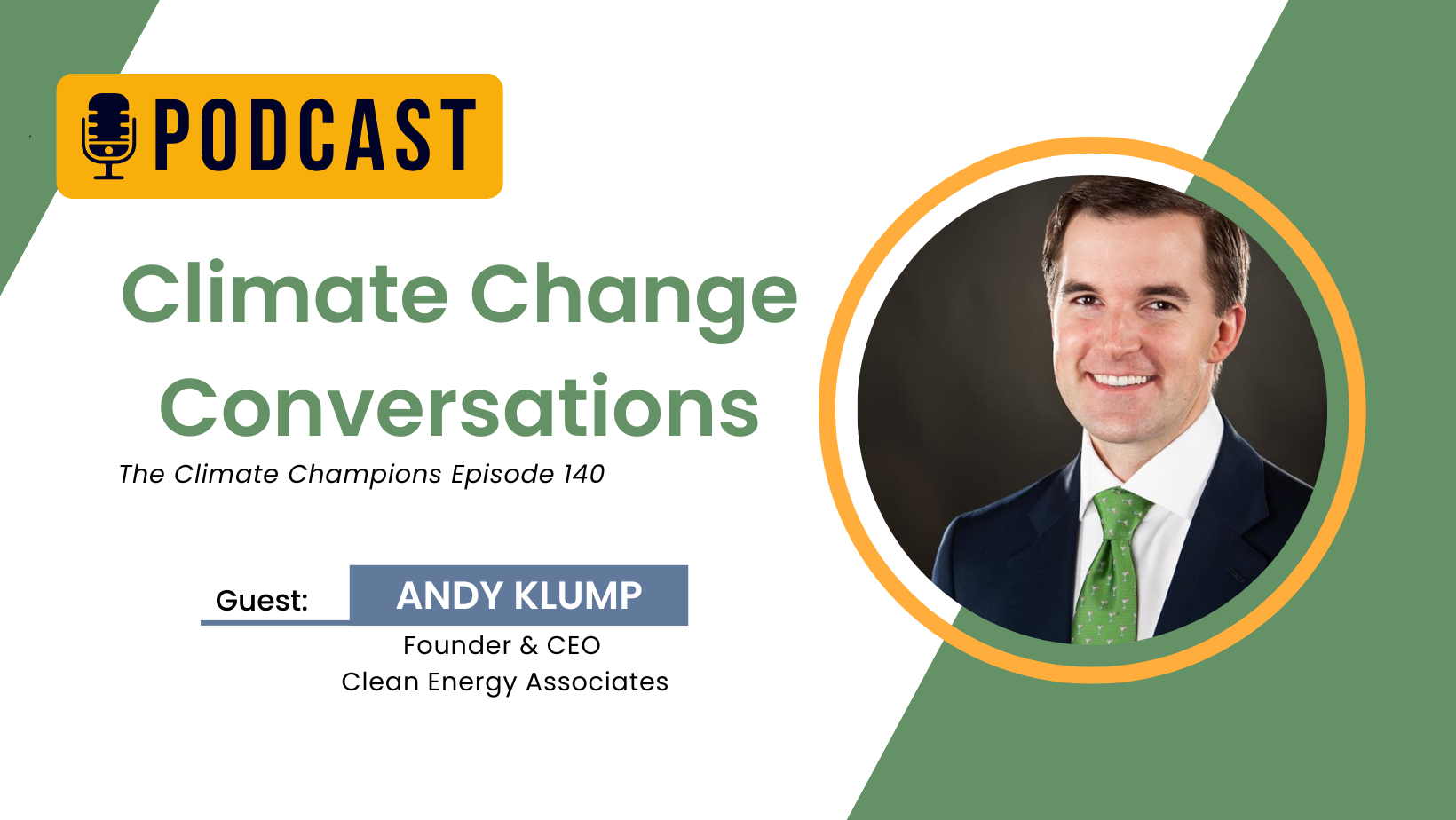Dan Shreve & Christian Roselund on SunCast: US Solar’s AD/CVD Investigations Explained
Dan Shreve, VP of Market Intelligence, and Christian Roselund, Senior Policy Analyst at Clean Energy Associates (CEA), join the SunCast Podcast to help understand whether the recent AD/CVD investigations are expected to profoundly impact procurement in the coming months and what else this trade case may implicate in the US market looking out into 2025.
Anti-dumping and countervailing duties (AD/CVD) are nothing new; they have plagued US-based solar developers and decision-makers since 2011. These duties, aimed at preventing unfair trade practices, greatly impact pricing and timelines of solar projects and generally seed uncertainty in the marketplace (at the outset, at least). We now have a new round of trade investigations being undertaken by the US Dept. of Commerce. What’s at stake, and who will be most impacted?
AD/CVD investigations were initiated 13 years ago to address concerns in the marketplace that Chinese-based solar module manufacturers were unfairly influencing fair market price of solar panels through dumping and government subsidies. On May 15th, 2024, the International Trade Administration (ITA) announced a new investigation into PV cells. This time, however, it goes beyond mainland China and focuses on 4 additional countries of origin — Vietnam, Cambodia, Thailand, and Malaysia — countries that presently supply about 80% of the US's solar modules. These potential duties, ranging from 50% to 250%, aim to prevent dumping (the sale of foreign goods in the U.S. at significantly lower than U.S. prices) and protect domestic manufacturing.
Yet, many are of the opinion that it’s just going to create more market uncertainty and further slow the progress of solar energy deployment.
Podcast topics:
A short history of Anti-dumping and countervailing duties.
How AD/CVD investigations affect solar imports and project timelines.
CEA’S expectations for upcoming tariff rulings, rates, and their impact on future pricing.
This podcast episode was made possible thanks to Nico Johnson.










